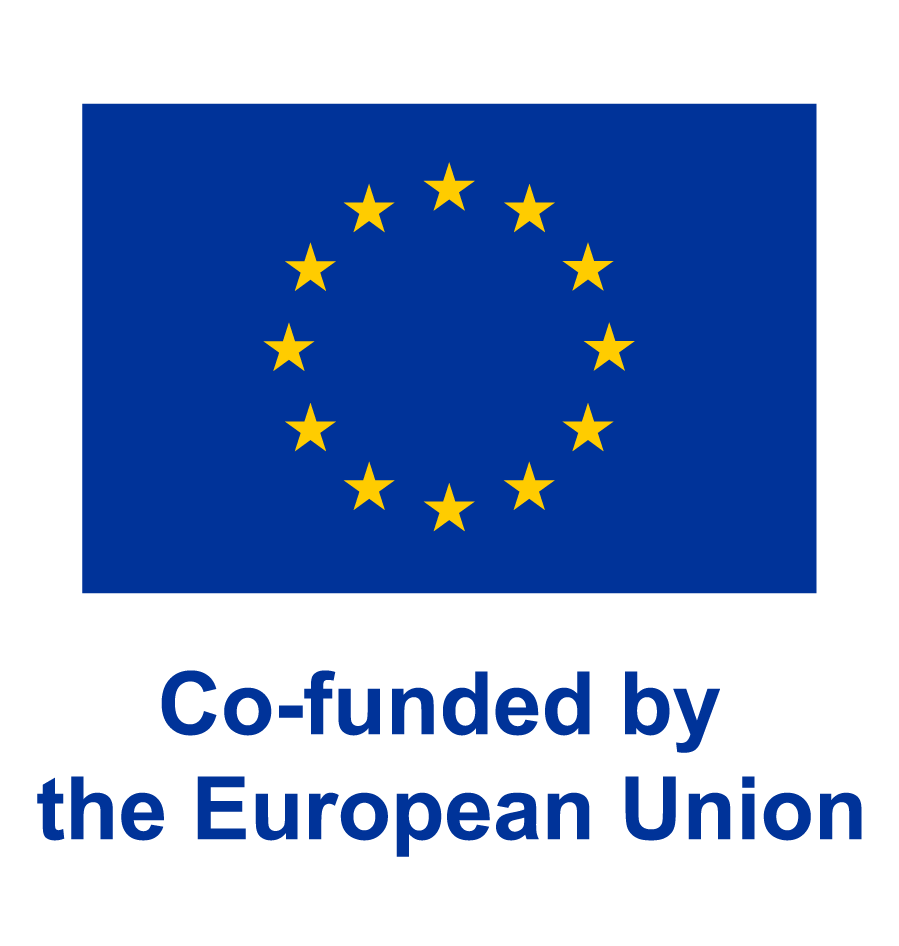Social innovations in child welfare (SOILA-coordination project)
Duration:
Unit at THL:
On other websites:
The number of children in child welfare has increased, related costs have risen, and operating practices, resources and skills within service systems haven’t managed to meet the needs of youth and families nor to provide them services. Social innovations are needed to reform child welfare systems.
We accelerate and support social innovation in child protection
The coordination will accelerate making of social innovations in child welfare and project development in the regions. The focus is strengthening the resilience of youth and those close to them by changing work and operating culture in social service systems. The project boosts social innovation skills and offers open innovation processes for cocreation, from ideas to evaluation. It supports development of better support and services from the perspectives of different professionals, funding and knowledge based on experience.
The Ministry of Social Affairs and Health is implementing innovation in line with the strategic objectives set by the ELY Centres for the development of child welfare: 1. reduced need for placement of youth through developing support and services 2. strengthened support for parenting in various stages of guardianship transfer 3. aftercare transformed into multi-professional support for reaching adulthood and 4. solutions created for responding to mental health and substance-use problems of children and youth in care.
The organizations implementing the project are the Finnish Institute for Health and Welfare, the Central Union for Child Welfare and Pesäpuu ry together with their partners. The project is basing its activities in joint development work conducted between the Ministry of Social Affairs and Health, the ELY Centres, the regionally funded projects of the ESR TL 5.1 "Developing Future Safety Nets for Young People" program, and various stakeholder groups.
We offer versatile support for the co-development of child protection innovations
SOILA-Coordination project
- Supports co-creation of social innovations in child welfare: Coordination, training and supporting development at national level.
- Connects with regional projects to form a development entity that, upon completion of the program, will have implemented reforms in child welfare services to make them better and more sustainable.
- Improves the quality of child welfare by supporting development, monitoring, assessment and modelling within regional projects. Supports creation of social innovations, offers national learning network for cocreation. Organizes and facilitates events and development processes through many channels. Transfers good practices formed in regional projects to national activities to ensure their ongoing use and further development.
- Builds collective impact by open invitations to participate for all interested in developing the field.
- Forms knowledge base to support reform of child welfare services. Promotes research-based approach. Analyses collected data from projects to use in programme-level evaluation. Conducts external evaluations of projects’ measures and impact.
- Works together with the ELY centres and regional projects to carry out effective communication to reshape the image of child welfare services.
Our aim in the SOILA coordination project is to reform child protection together
The project builds its work on UN Convention on the Rights of the Child and serves as a frontline for renewing child welfare work and support for adulthood. The impact of the project has resulted in social innovations in child welfare, strategic objectives have been achieved, legal protection and inclusion of youth and families have improved, and predictability, transparency and impact of child welfare have been strengthened. Child welfare work has renewed role within various cooperation contexts, new forms of work have been introduced nationally, and professional expertise has strengthened.
The reforms have been implemented sustainable and have improved services for children, youth and families. As a result, child welfare services are developed together in a networked fashion as part of basic work, quality can be well monitored and assessed and feedback awareness is part of work culture.
Contact information
Tanja Hirschovits-Gerz
Project Manager
The Finnish Institute for Health and Welfare (THL)
[email protected]




